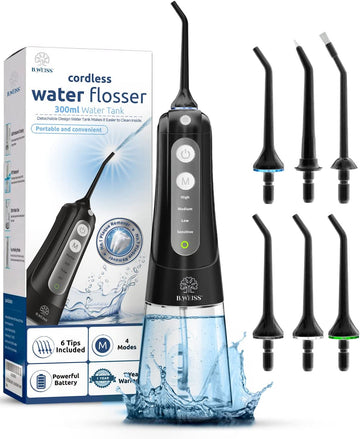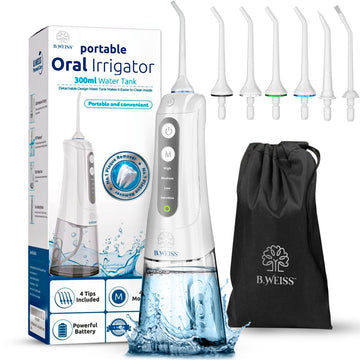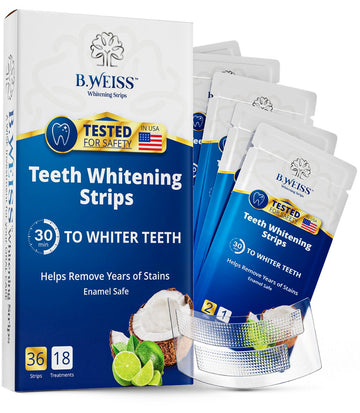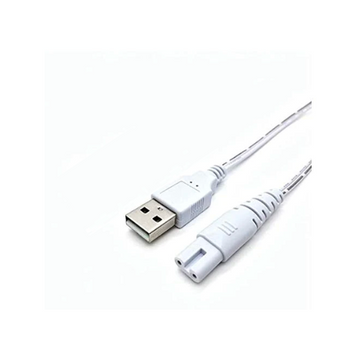Reclaiming Your Smile: How to Begin Wearing Your Retainer Again
Introduction
When restarting with your retainer, it's crucial to ensure it's clean and free from any buildup. Using a purple persulfate-free retainer cleaner can help restore your retainer to its optimal condition, making it more comfortable to wear again. By incorporating proper cleaning habits, you can reclaim your smile with confidence and comfort.
1. Find Your Retainer
The first step in resuming retainer wear is locating your retainer. Check your retainer case or any safe storage place where you last left it. It's essential to ensure your retainer is still in good condition and free from any damage or cracks.
2. Inspect Your Retainer
Before wearing it again, examine your retainer closely. Look for any signs of damage, such as cracks or breakage. If you notice any issues, contact your orthodontist to discuss potential repairs or replacements.
3. Start Gradually
If it's been a while since you wore your retainer regularly, it's wise to ease back into it. Begin by wearing it for a few hours each day, gradually increasing the duration as your mouth adjusts. This will help prevent discomfort and soreness.
4. Clean Thoroughly
Before putting your retainer back in your mouth, clean it thoroughly. Use a soft toothbrush and mild, non-abrasive soap or specialized retainer cleaning tablets. Rinse it well to remove any soap residue before wearing it.
5. Monitor Changes
As you resume retainer wear, pay attention to how your teeth respond. They may feel slightly misaligned initially, but this is typically temporary as your teeth adjust to the retainer's pressure. If you notice significant discomfort or persistent issues, contact your orthodontist.
6. Be Consistent
Consistency is key when restarting retainer wear. Make a schedule and stick to it, wearing your retainer as recommended by your orthodontist. Regular wear is essential to maintaining your teeth in their desired positions.
7. Maintain Proper Hygiene
Just like when you first received your retainer, maintaining proper oral hygiene is crucial. Clean your retainer daily to prevent the buildup of bacteria and plaque. Additionally, brush and floss your teeth regularly to keep your oral health in check.
8. Avoid Stress and Biting
Avoid subjecting your retainer to undue stress or biting. This means refraining from activities like chewing gum, biting pens, or using your retainer as a chewing tool. These actions can damage your retainer.
9. Keep It Safe
When not in your mouth, store your retainer safely in its case. Be cautious around pets, as they may be attracted to the scent of your retainer. Keep it out of direct sunlight and away from extreme heat to prevent warping.
10. Stay in Touch with Your Orthodontist
Maintain open communication with your orthodontist throughout this process. If you encounter any challenges or have concerns about your retainer or the realignment of your teeth, don't hesitate to seek their guidance.
Conclusion
Starting to wear your retainer again is a positive step in preserving your orthodontic results and keeping your smile aligned. By following these steps and staying consistent, you can enjoy the benefits of your beautiful smile for years to come. Remember, your orthodontist is there to support you throughout your retainer journey, so reach out if you have any questions or need assistance along the way.
Are you currently using or thinking about using retainer cleaning tablets? It's important to be aware that certain cleaner brands have the potential to cause toxic reactions.
It's crucial to be aware of harmful ingredients hiding in common cleaner brands. One such persulfate, which can pose SERIOUS health risks and is found in almost all leading retainer cleaners brands. Moreover, persulfate's health risks potentially impact respiratory health and skin sensitivities in your family, especially in teens and sensitive individuals. Learn more about the risk of persulfate HERE.
Disclaimer:
The content in this article is for informational purposes only and is not a substitute for professional medical advice. Always consult with a healthcare provider before making any changes to your health regimen. The author and publisher do not take responsibility for any consequences resulting from the information provided in this article.





